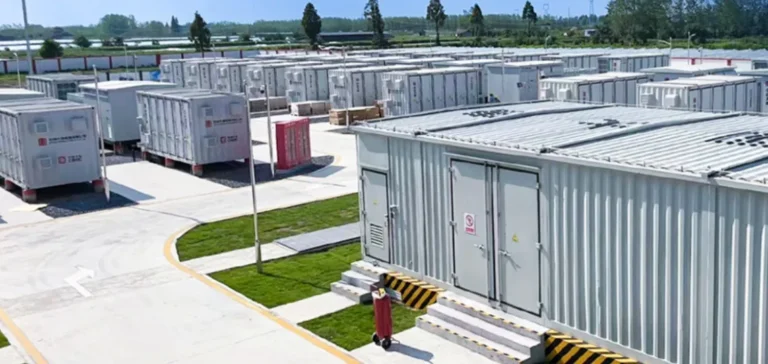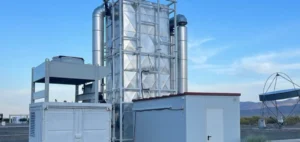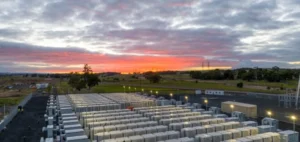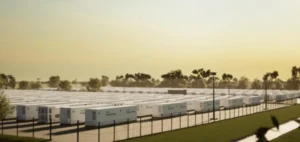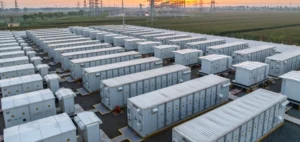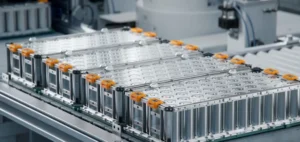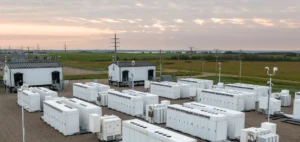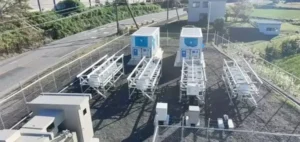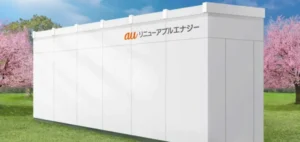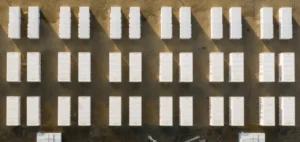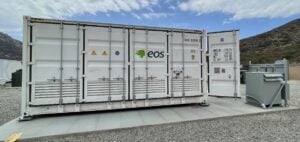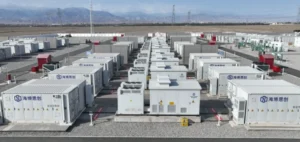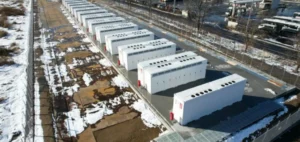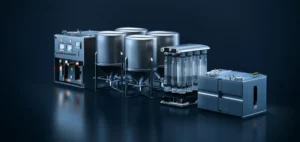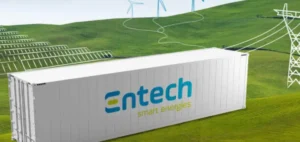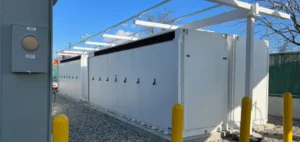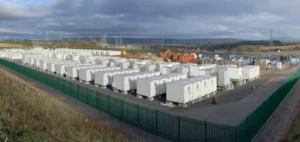COBCO, a joint venture between Moroccan investment fund Al Mada and the Chinese manufacturer CNGR Advanced Materials, has initiated production of lithium-ion battery materials at its industrial site in Jorf Lasfar, near the country’s major industrial and energy port. This milestone marks the concrete start of an overall investment estimated at two billion dollars. Initially, production focuses primarily on nickel-manganese-cobalt (NMC) cathode precursors, a strategic component for electric vehicle batteries. This project forms part of a broader industrial initiative aimed at developing an integrated battery production supply chain in Morocco.
Targeted Industrial Capacity and Key Milestones
COBCO’s facility targets an annual production capacity of up to 120,000 tonnes of NMC cathode precursors and approximately 60,000 tonnes of cathodes utilizing lithium iron phosphate (LFP) technology. When fully operational, this output will equate to a total energy storage capacity of around 70 GWh per year. Such capacity would theoretically enable the powering of about one million electric vehicles annually. This scale positions the project among the largest industrial investments in the African battery sector.
Strategic Context and Regional Positioning
The selection of Jorf Lasfar aligns with Morocco’s strategic aim to leverage geographical proximity to European markets, a strength enhanced by existing trade agreements with the European Union. The country also benefits from local access to key raw materials such as phosphate, essential for LFP battery production, and cobalt for NMC batteries. Complementary investments by other Chinese companies in cathode and anode production further consolidate this integrated regional industrial ecosystem.
Complementary Industrial Developments
Among other engaged Chinese firms, the BTR New Material Group recently received approval from the Moroccan government to build a cathode manufacturing plant in Tangier, representing a $300 million investment. The planned initial production capacity is 25,000 tonnes per year, scheduled to start in 2026, with future goals to double this output. Additionally, Chinese group Gotion High Tech is considering establishing a Gigafactory in Morocco with an initial investment of $1.3 billion, potentially expanding up to $6.5 billion to achieve a maximum production capacity of 100 GWh.
Outlook for Morocco’s Automotive Industry
The automotive sector currently stands as a cornerstone of Morocco’s industrial exports, generating around $14 billion in 2023. Home to major factories from Renault and Stellantis, Morocco boasts an annual combined vehicle production capacity of roughly 700,000 units. Moroccan Minister of Industry Ryad Mezzour has announced the government’s ambition for electric vehicles to comprise up to 60% of the country’s automotive exports by 2030.
International Strategic Partnerships
COBCO has also established significant industrial partnerships, notably with the European group Umicore, specialized in advanced materials. The agreement entails a long-term supply of NMC precursors produced at Jorf Lasfar to European supply chains. This partnership highlights the strategic and internationally integrated nature of COBCO’s factory within the global battery industry.
Expected Evolution of the Project
COBCO’s production launch raises questions regarding the long-term impacts of this ambitious industrial project on Morocco’s economy and the regional electric vehicle market. With existing industrial investments and international partnerships, the future development of this sector remains a key area to watch closely.


